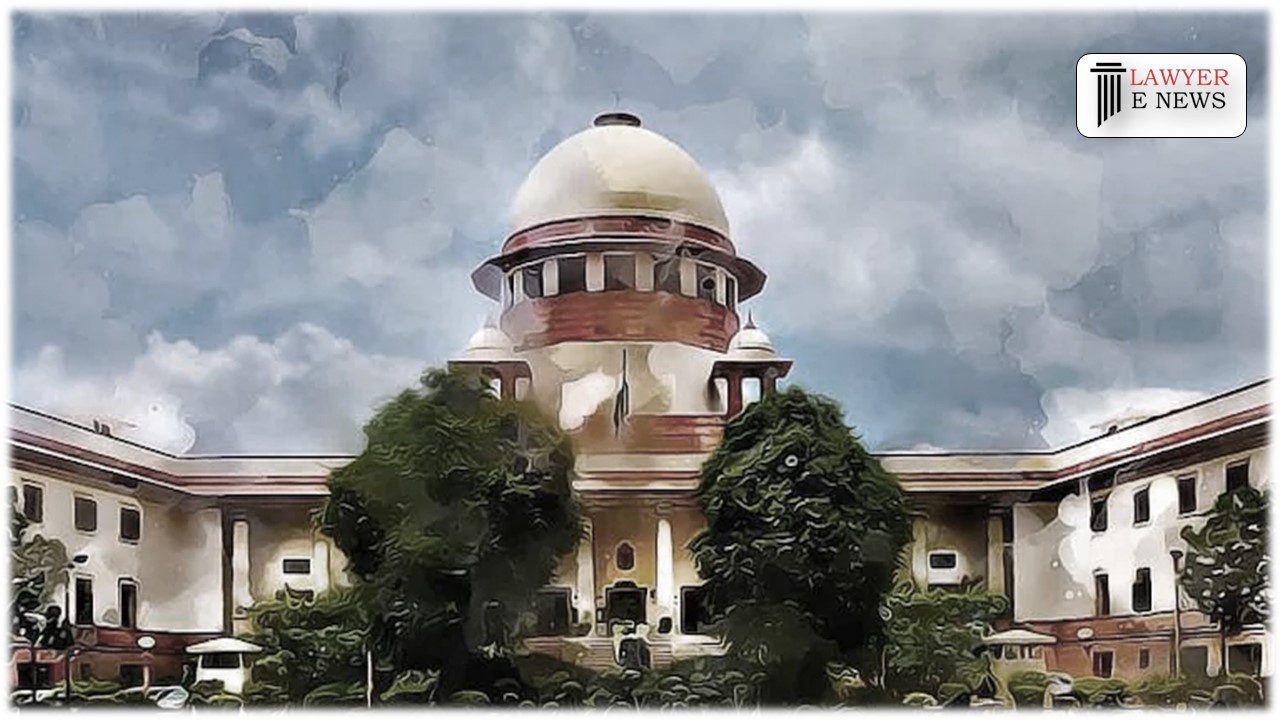-
by Admin
15 February 2026 2:36 AM



In a significant ruling, the Supreme Court of India has quashed the conviction of Dasari Srikanth under Sections 354D and 506-Part I of the Indian Penal Code (IPC), invoking Article 142 of the Constitution to prioritize matrimonial harmony. The decision was rendered by a bench comprising Justices B.R. Gavai and Sandeep Mehta, emphasizing the potential adverse impact on the marital relationship between the appellant and the complainant if the conviction was upheld.
The case revolves around the appellant, Dasari Srikanth, who was convicted by the Special Fast Track Court, Suryapet, for offences under Sections 354D (stalking) and 506-Part I (criminal intimidation) of the IPC. The trial court acquitted him under the POCSO Act but sentenced him to rigorous imprisonment for two years and six months for the IPC offences. The High Court of Telangana, upon appeal, reduced the imprisonment to three months but upheld the conviction.
During the pendency of the appeal, Srikanth and the complainant got married, which led to the appellant seeking quashing of his conviction to prevent any harm to their matrimonial relationship.
The appellant and complainant's marriage was verified by the State of Telangana's standing counsel, confirming it was solemnized and registered under the Hindu Marriage Act, 1955.
"The offences under Section 354D IPC and Section 506 IPC are personal to the complainant and the accused appellant. The fact that the appellant and the complainant have married each other during the pendency of this appeal gives rise to a reasonable belief that both were involved in some kind of relationship even when the offences alleged were said to have been committed." [Para 7]
The court noted that upholding the conviction could have a "disastrous consequence on the accused appellant being sent to jail which in turn could put his matrimonial relationship with the complainant in danger." [Para 8]
The bench decided to use its powers under Article 142 of the Constitution to ensure complete justice. "As a consequence, we are inclined to exercise the powers under Article 142 of the Constitution of India for quashing the conviction of the accused appellant as recorded by the learned trial Court and modified by the High Court." [Para 9]
The Supreme Court quashed the judgments of both the High Court and the trial court, thereby acquitting the appellant of all charges. The appeal was allowed, and all pending applications were disposed of.
Date of Decision:15th May 2024
Dasari Srikanth vs. State of Telangana
